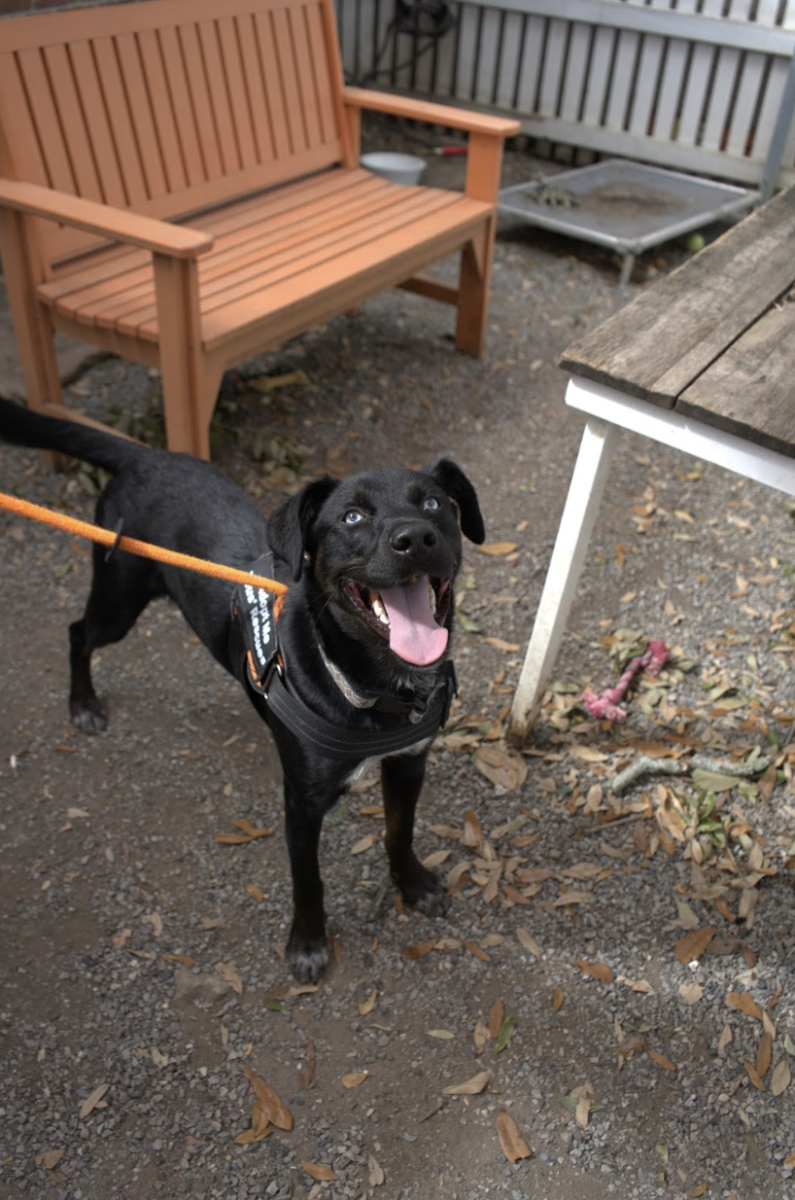In an announcement that caught her by surprise, professor of biological sciences, Patricia Dorn was awarded the Dux Academicus Award on Jan. 11.
The award winner is decided upon by a committee of faculty, students, and alumni, and is announced every January at the President’s Convocation.
“It recognizes one faculty member a year as a leader of the community and for excellence in research, teaching and service,” Dorn said. “I’m very appreciative to be recognized by my colleagues.”
Dorn said even though she knew she had been nominated for the award, she didn’t expect the honor since there were other professors who she thought would have been worthy. One of the things she said impressed the voters was her overall approach to teaching.
“I tried to do a lot of engaged learning,” she said. “Lots of studies have shown that students who are actively engaged in the learning process learn more.”
One of the unique ways in which she engaged her students was through her student-assisted research in the field of biology.
“I do a lot of work in Central America and I take students with me and we go to Guatemala,” she said. “We work on trying to stop the transmission of this really devastating disease called Chagas disease.”
Dorn explained that insects called kissing bugs spread the disease to people who live in villages across Guatemala, but also noted that they have been found in New Orleans and other parts of the southern United States.
With all the research she has done, Dorn said she is even more proud of what her students have done after leaving her classroom. One of her students helped saved the life of one of the main designers behind the Monroe Hall renovations.
“He was suffering from a lung infection and one of my former students is a critical care pulmonologist in Chicago and treated him and saved his life,” she said. “So we should all be happy that we train these students very well.”
With all the success her students have had working with her, and all the former students who have continued to work in the field of research, Dorn said she couldn’t have done it without the help of the university.
“The university has been very supportive of my research with undergraduates,” she said. “My department has also supported my research so it’s been an incredibly supportive environment. I’ve needed many things from the university to make the research possible.”
Hasani Grayson can be reached at [email protected]












